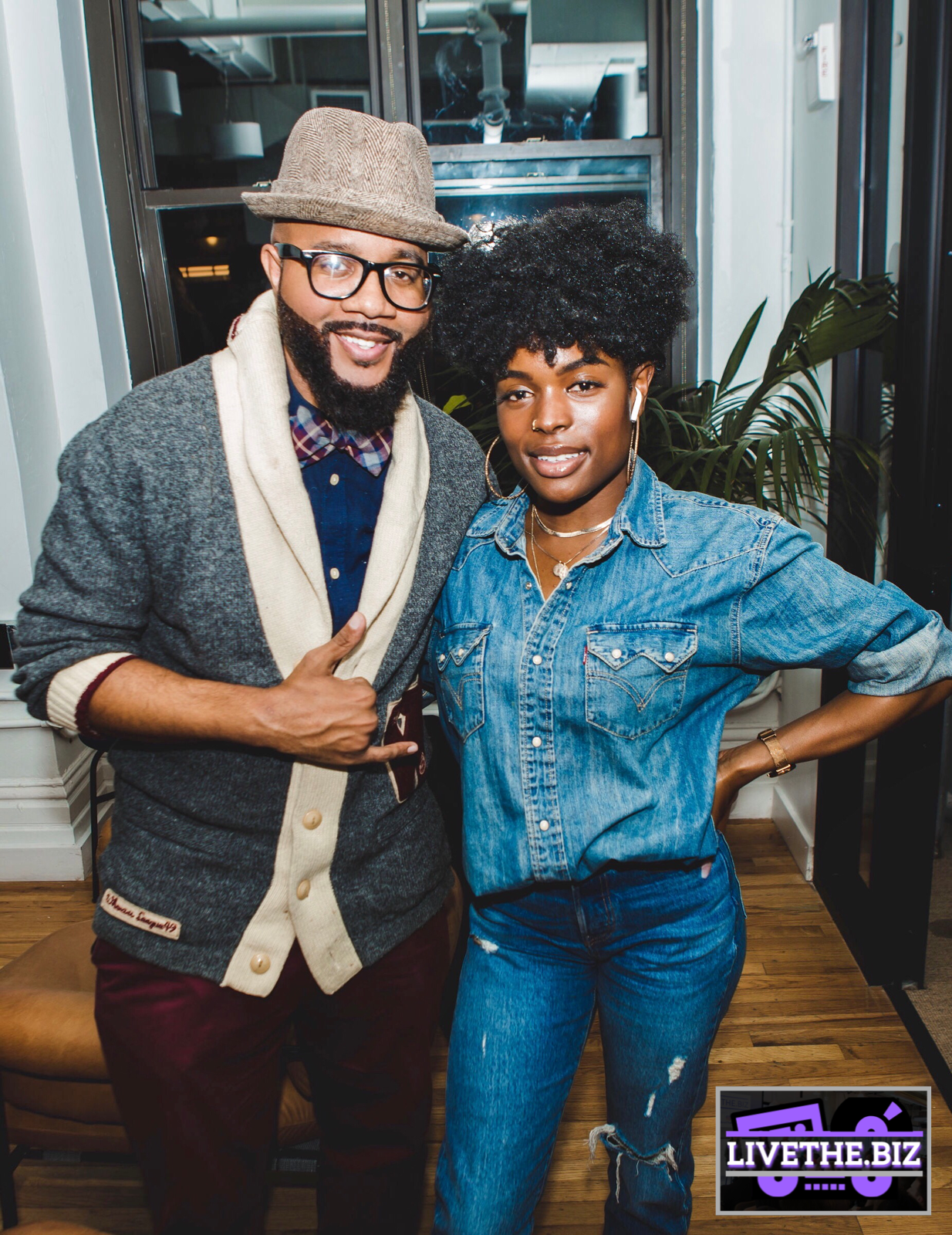Over the course of the last 20 years, the music industry has gone through vast changes: we used to buy albums or CDs; then we downloaded music to our iPods; now we stream music and put together Playlists.
Both artists and labels are faced with adjusting to the industry’s rapidly shifting landscape. Two big questions arise: how and what. How do we adjust? What should we be doing right now?
LiveThe.Biz, a startup founded by Walter J. Tucker, has answers. Launched two years ago, LiveThe.Biz gathers panels of industry insiders, who provide artists and industry newcomers with an understanding of the seismic shifts taking place and how to respond to them.
I sat down with Walter J. Tucker to find out more about his music education company, LiveThe.Biz.
How did you get started in the music business? What’s the backstory there?
I got my first start in the music industry at Oscar Smith High School. I really fell in love with music to the point that I wanted to play some role in it. In Virginia (especially my area of Hampton Roads “757”) we were really inspired by what our hometown heroes Missy Elliot, Timbaland, and The Neptunes were doing regarding producing and songwriting, so I did the same. I started writing songs and making beats for local artists in my area. While this was happening, I became even more interested in the business side of the industry so after graduating from high school, I enrolled into Johnson C. Smith University as a music business major. While there I was able to intern for amazing entertainment companies like Atlantic Records, Sirius XM, and ESPN. After that, I was accepted into an MBA Media Management program at the Metropolitan College of New York which lead into full-time work after graduation.
How do you define the mission of LiveThe.Biz?
The main mission of LiveThe.Biz is to provide an educational and networking platform that connects independent artists and aspiring music executives to major entertainment brands. Through this platform, we’ve been able to produce 23 sold-out events in NYC, LA, Atlanta, Nashville, and Philly which has led artists into landing distribution deals and has helped secure job offers for those who want to work on the business side of the music industry. To date, we have over 13,000 LiveThe.Biz members in our online community!
What are the essential steps for artists breaking into the music industry?
All artists should first start with understanding their message, figuring out what they want to say and then work on finding the most creative ways to spread that message through their music. From there, the focus should be perfecting their craft, creating a lot of songs (trial and error), getting honest feedback, reading a lot about the music business and growing their network.
What is the best way for new artists to monetize their music?
This goes back to artists understanding their voice and the audience they’re speaking to. Once an artist is able to establish their target market, they can start to develop a revenue model around their music. Creating merchandise (t-shirts, hats, etc.), producing or writing for other artists, landing sponsorships with brands that have the same target market, developing their own music showcases, crowdfunding campaigns, etc., are some strategies that have worked with other successful artists. It really all starts with creating their own community of fans and then figuring out what else those fans care to spend money on that goes beyond music.
Let’s say I’m not an artist, but want to work in the industry as an executive. How do I get my foot in the door?
Everything starts with building experience and networking. First, you need to know what role you want to play in the industry. Next, read up on that role for the job descriptions and qualifications needed. Then find ways of building your experience. If you’re a college student, internships in the music industry are key! You can build your contacts, get college credit and learn what you do and don’t want to do. If you’re out of school and can’t afford to do an internship, apply for jobs that can give you entry level experience or assist someone in a similar role. The best option outside of that is jumping in head first by working with an indie artist who needs help and you figuring out how you can support on your end. Either strategy takes networking (online, music conferences, local music shows, etc.) and building your experience by doing the work and figuring out how to apply your natural strengths in the music business.
What is the single biggest impact streaming has had on the music industry?
I would say the biggest impact streaming has had on the music industry is the discovery phase. Back in the day, if you wanted to listen to new music you had to invest $14-$16 into purchasing a CD every time a new album came out. Nowadays, you can hear new artists (major, indie, and international) by just clicking them on a streaming service through playlists and features. Now the user gets to fully control their listening experience. It’s also helped many artists to become more entrepreneurial and not solely relying on major companies to distribute and market their music.


